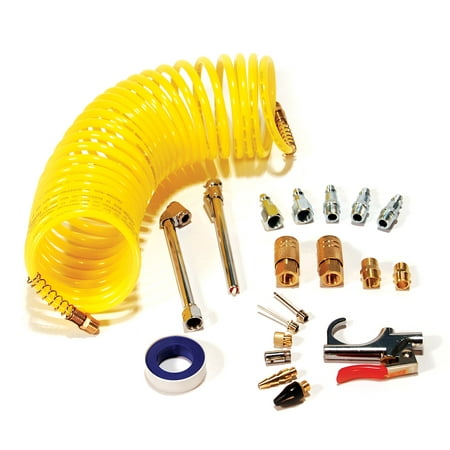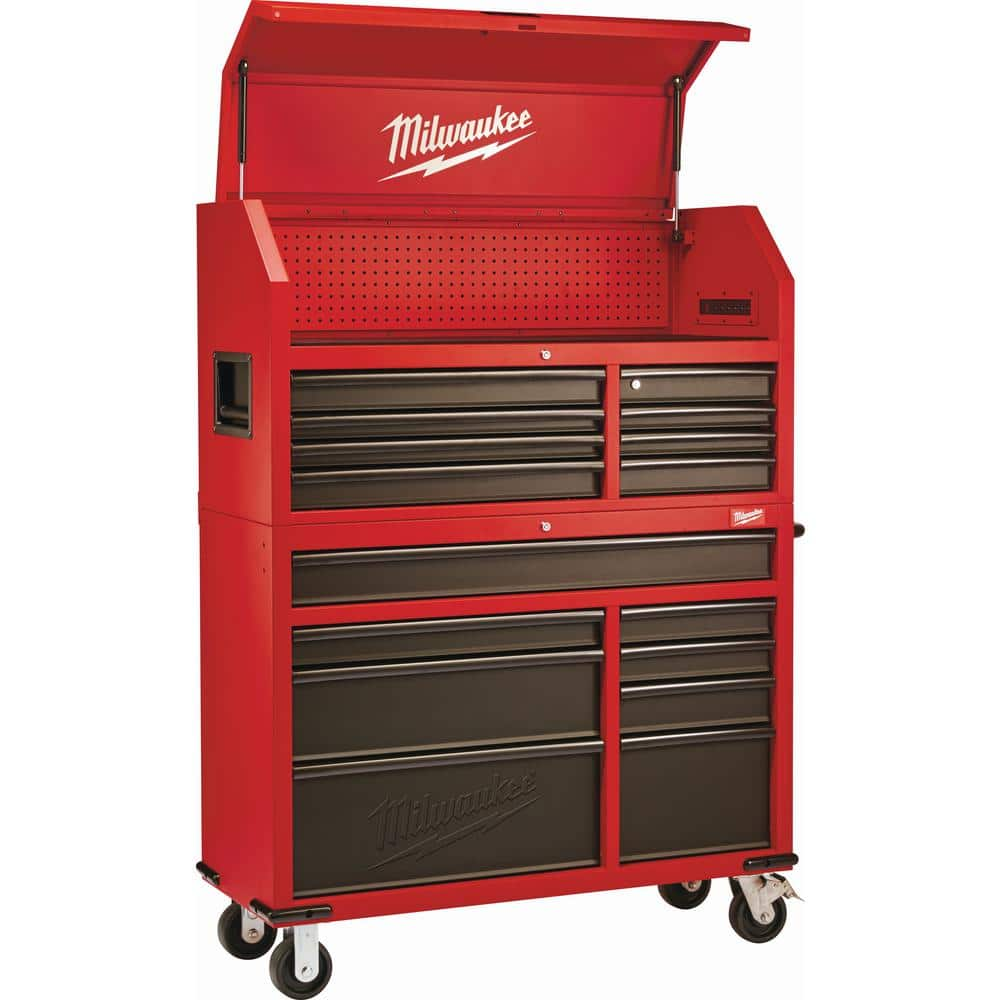[Upgraded] Car Vacuum Cleaner, ANKO High Power DC12-Volt Wet&Dry Handheld Auto Vacuum Cleaner with 16.4FT(5M) Power Cord, 2 Filters, 3 different attachments and One Carrying Bag. (BLACK-1 PACK)
MULTIFUNCTIONAL- ANKO car vacuum supports dry and wet application. 3 accessories (Long Mouth, Brush, Soft Long Tube), enable the cleaning easier and can clean every corner in your car. It can easily clean dust, crumbs, pet hair, as well as liquids.POWERFUL SUCTION- DC 12V 4300-4500PA suction,75db low noise, it can pick up 2 iPhone 6 easily let alone any busters in your car. A must-have for who is particular about his loved car.CONVENIENT TO USE- 16.4 feet power cord helps clean any hard-to-reach area. easy to keep either in the garage or in the back of your car. Easy to operate, just turn on/off the switch.EASY TO WASH- You are suggested to pull the filter out, discard the contents and give the filter a wash with the brush attachment included after every use to keep it new and last a longer life.100% SATISFACTION WARRANTY- With international safety certification CE, RoHS. Love it or your money back! The Vacuums is easy to setup and hand-free Emptying and ergonomically designed which will help you escape from fatigue clean.Why this vac?1.With Connector to Thoroughly Clean the inside2.Quickly clean tiny sundry in the car3.The Led Light assists dispelling the darkness to make the job easier to see and quicker to finish.4.Dry and wet application,combination of two functions5.With brush to clean away dust6.Each Vacuum Cleaner with Carrying BagTechnical Parameters:Product Name: Car Vacuum CleanerInput Current: 6AInput Voltage: DC-12vPower: 106WPower Cord Length: 5m (16.4ft) Vacuum Degree: 4300-4500PADecibel: ?70DBWeight: 23.00oz/653gPackage including: 1 * Car Vacuum Cleaner1 * Brush Mouth1 * Long Mouth1 * Soft Long Tube1 * Black Zipper Carry Bag1 * Manual2 * HEPA Filters

![[Upgraded] Car Vacuum Cleaner, ANKO High Power DC12-Volt Wet&Dry Handheld Auto Vacuum Cleaner with 16.4FT(5M) Power Cord, 2 Filters, 3 different attachments and One Carrying Bag. (BLACK-1 PACK) [Upgraded] Car Vacuum Cleaner, ANKO High Power DC12-Volt Wet&Dry Handheld Auto Vacuum Cleaner with 16.4FT(5M) Power Cord, 2 Filters, 3 different attachments and One Carrying Bag. (BLACK-1 PACK)](https://i5.walmartimages.com/asr/1943514b-8027-4645-b03e-1f5ddae97168.bb789a7ebe5d39160b396ea405d4cc3b.jpeg?odnHeight=450&odnWidth=450&odnBg=ffffff)










Reviews
There are no reviews yet.